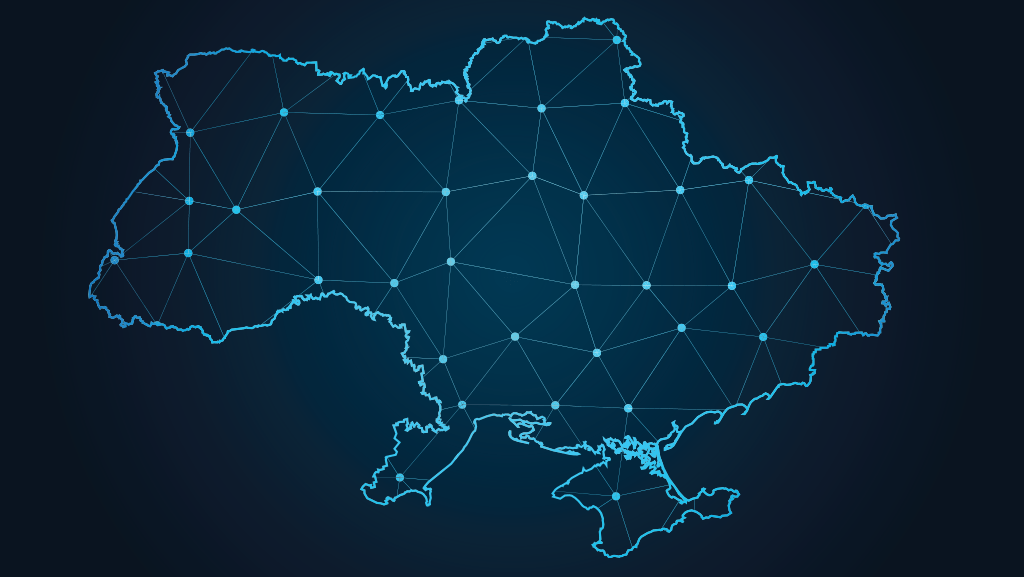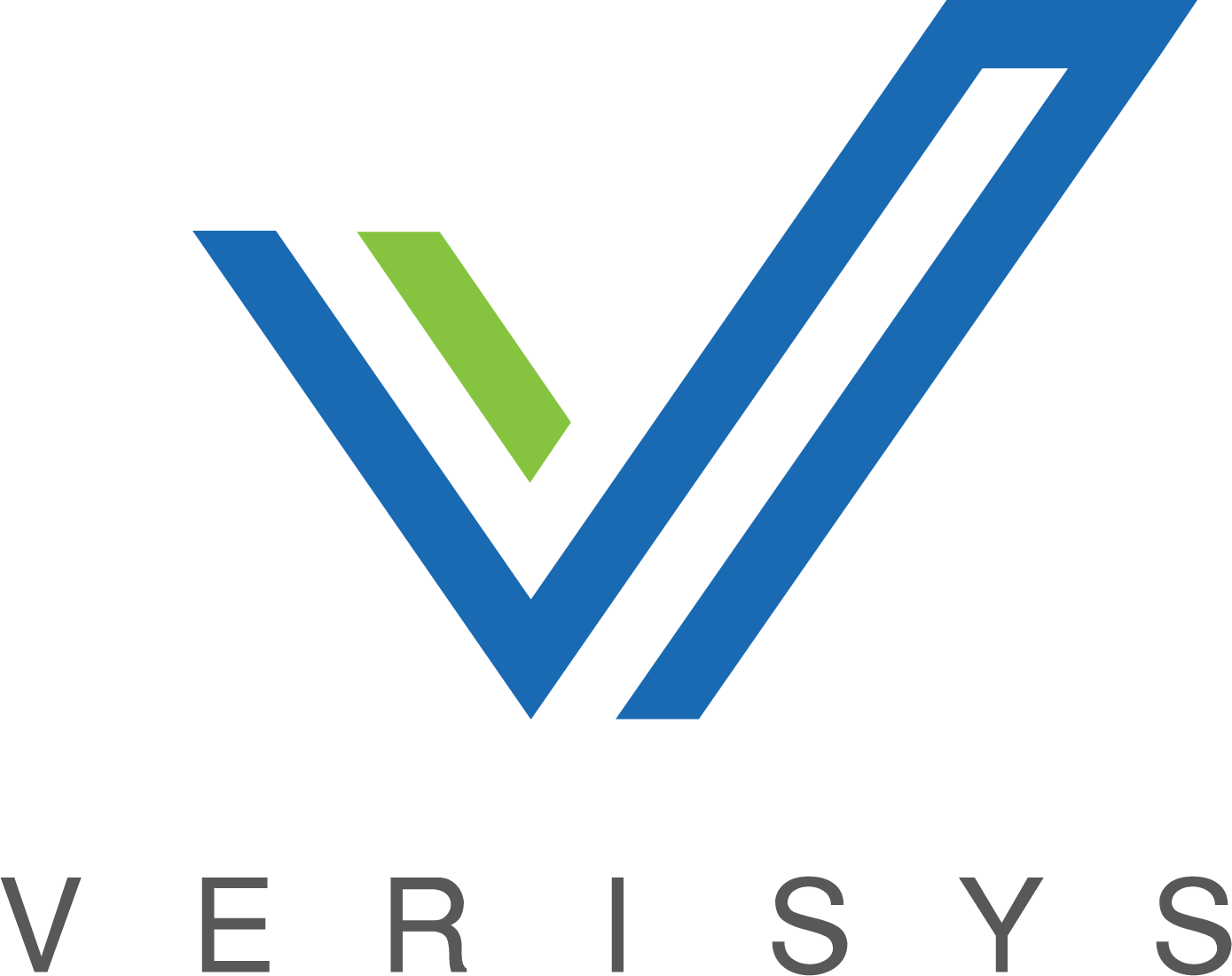– The best resource for monthly healthcare regulatory compliance updates. Compliance Updates: April 2024 Overlook: Licensure Compacts Other Legislation Board Updates Interstate Medical...


Reports from Ukraine continue to reveal devastation, including shelled-out apartment buildings, street fighting in Kyiv, and missile launches from the Black Sea. Since the initial assault on Feb. 24, hundreds of Ukrainians have died and hundreds of thousands more have fled their homes.
Many nations reacted to the invasion of Ukraine by imposing sanctions against Russia. Sanctions, which are financial and commercial penalties imposed on other nations, attempt to change the actions of the offending nation by targeting its economy. As the United States and our allies freeze assets, restrict the operations of energy and transportation sectors, and block various technologies from entering Russia, we hope to avoid the use of military force, cut off financial support for the invasion, and cripple Russia’s economic activities.
Time will reveal whether current sanctions will achieve their goals or whether additional sanctions will be imposed. Although these sanctions affect the healthcare industry only indirectly at this time, healthcare organizations should still understand their legal obligations and not just those that apply to Russia. Checking the Office of Foreign Assets Control (OFAC) Sanctions List is the first and most vital step in assessing your international economic ties so you can protect your organization, your patients, and national security.
The OFAC Sanctions List is a searchable database of individuals and entities restricted from doing business with U.S. businesses and individuals. We’ll explore what the OFAC Sanctions List means for healthcare organizations, how maintaining compliance with OFAC rules reduces reputational, financial, and patient risk, and the steps individual providers and entities can take to be removed from the OFAC list.
Healthcare Facilities Should Check OFAC’s Three Main Databases
According to the U.S. Department of the Treasury, “The Office of Foreign Assets Control (OFAC) administers and enforces economic and trade sanctions based on U.S. foreign policy and national security goals against targeted foreign countries and regimes, terrorists, international narcotics traffickers, those engaged in activities related to the proliferation of weapons of mass destruction, and other threats to the national security, foreign policy or economy of the United States.”
Bottom line: OFAC publishes lists of individuals and companies owned, controlled by, or acting for, countries that threaten the national security of the U.S. The lists also include individuals and entities, not country-specific, that are known to engage in terrorism or narcotics trafficking activity.
OFAC has three publicly available searchable databases for free on its website:
Checking these lists is crucial for any healthcare entity doing business in the U.S. or globally because engaging in business activities with listed individuals or organizations can trigger heavy civil and even criminal penalties. Fines can range from $11,000 to $1 million for each violation, even if the violation was unintentional.
For intentional violations, prison time ranges from 10 to 30 years. The restrictions on these sanctions are applicable to every U.S. citizen and permanent resident, regardless of location.
Although many people are aware of sanctions against Russia, China, Iran, and North Korea, they should not overlook sanctions from other countries. The list changes several times a month, so constant monitoring is required to stay in compliance.
Nine Other OFAC Sanctions Lists Facilities Should Check
In addition to the lists above, OFAC also maintains several other lists that healthcare organizations should check. They include:
What the OFAC Sanctions List Means for Healthcare Organizations
When it comes to healthcare, knowing who you’re doing business with matters.
Healthcare facilities receive billions of dollars in federal and state funding through the Affordable Care Act (ACA), Medicare, Medicaid, CHIP, and other programs. Doing business with an OFAC-sanctioned or OFAC-restricted individual or entity subjects an organization to criminal and civil penalties and puts patients, practitioners, and the security of the United States at serious risk.
OFAC screening and continuous monitoring provides transparency and integrity for providers, vendors, and contractors. Entities on the OFAC list can be deceptive, so accurate information is crucial to correctly verify identities.
Doing business with an entity or individual on the OFAC or SDN list is risky, but so is incorrectly identifying an individual who is not on the list. False positives can lead to discrimination, defamation, and other charges that tie up important resources and damage reputations.
Checking the OFAC Sanctions List helps healthcare facilities comply with federal laws and regulations and meet many other industry compliance standards, especially in the current political situation. Having an accurate view of the individuals and entities you do business with shows your patients, vendors, and partner organizations a dedication to and value of patient safety and organizational integrity.
Risks for Organizations Who Don’t Check the OFAC Sanctions List
Trade sanctions have serious economic consequences not only for the countries and entities involved but also for U.S. businesses and other domestic organizations.
In 2021, OFAC shared publicly 20 enforcement actions, spanning 13 different sanctions totaling $20.8 million in penalties. Significantly, the number of actions levied against providers of virtual goods and services, such as a cloud-based software service provider and a virtual currency provider, increased last year. Online businesses on the OFAC Sanctions List may catch some partner organizations by surprise because their locations cannot be traced as easily. However, the U.S. government can still impose fines for doing business with these companies, even if an organization’s non-compliance was not intentional.
Historically, the largest settlements occur within the financial services industry. However, more recently, other industries have been hit with large penalties — including healthcare.
A 2017 report showed several of the largest penalties have been imposed on small- to medium-sized healthcare organizations, including United Medical Instruments Inc. ($515,400), World Class Technology Corporation ($43,200) and HyperBranch Medical Technology, Inc. ($107,691).
In 2016, Alcon Laboratories was slapped with a $7.6 million fine for violations of the Iranian Transactions and Sanctions Regulations. They sold and exported medical end-use pharmaceutical products from the U.S. to distributors located in Iran and Sudan without authorization. Additionally, they failed to self-disclose this violation to the government.
As regulators continue to crack down on violations, healthcare facilities must remain vigilant and thorough as they vet providers, contractors, vendors, and other partner organizations.
Help with the OFAC Sanctions List for Individual Healthcare Providers:
How to Request the Removal of Incorrect OFAC Information from Your Credit Report
If you have incorrect information, such as an OFAC Alert on your credit report, you may, according to the Fair Credit Reporting Act (FCRA), 15 U.S.C. 1681 et seq., request that incorrect credit report information be removed. Consumers requesting the removal of incorrect information should contact the issuing credit reporting agency or bureau. Consumers may request more information about their rights under the FCRA by visiting the Federal Trade Commission’s website or calling the Consumer Financial Protection Bureau at 855-411-2372.
How Providers Can File a Petition for Removal From an OFAC List
If an individual believes they should be removed from any OFAC sanctions list, including the SDN List, they may send a written request, or petition, by email or postal mail to begin the process. This begins the OFAC removal review process.
The petition should include:
Petitioners may also submit evidence to support their argument that the circumstances resulting in the OFAC listing have changed, pursuant to 31 C.F.R. § 501.807, Procedures Governing Delisting from the Specially Designated Nationals and Blocked Persons List. Reasons for delisting may include mistaken identity, death of the Specially Designated National (SDN), a change in behavior, or the basis for the designation no longer exists.
Email your petition to OFAC.Reconsideration@treasury.gov or send your petition to the following mailing address:
Office of Foreign Assets Control
Office of the Director
U.S. Department of the Treasury
1500 Pennsylvania Avenue, N.W.
Washington, D.C. 20220
Verisys’ database contains 320 million verified, validated, and authenticated records that consistently and accurately identify individuals and entities, including those on the OFAC Sanctions List. Reach out today to learn more about staying compliant.
 |
Written by Verisys Verisys transforms provider data, workforce data, and relationship management. Healthcare, life science, and background screening organizations rely on our comprehensive solutions to discover their true potential. Visit verisys.com to learn how we turn problems into power.
|